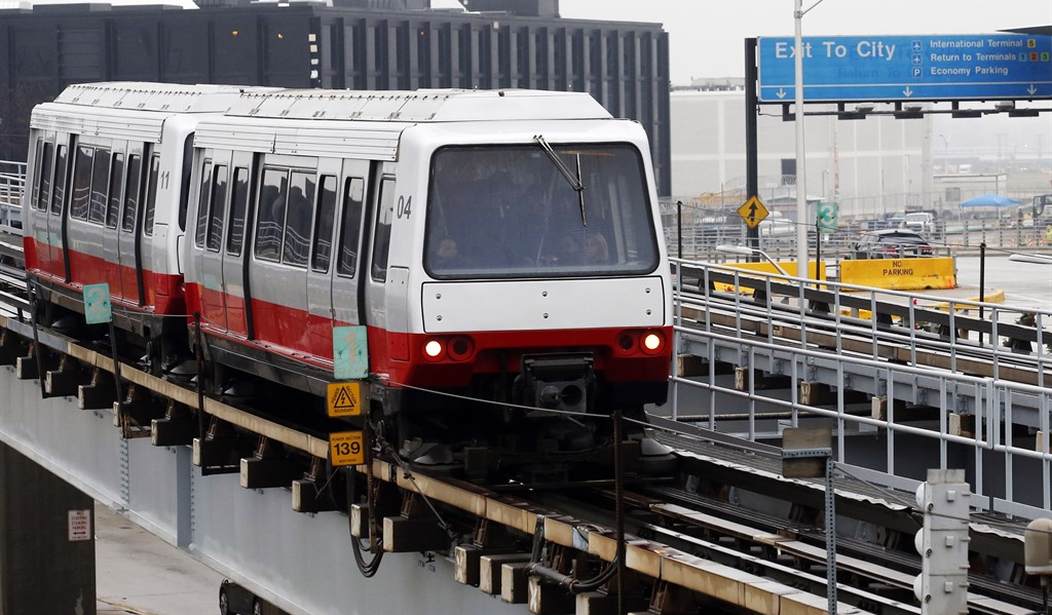In the latest surprising turn of events in a lawsuit challenging Illinois' ban on concealed carry on public transportation, attorneys with the Illinois Attorney General's office are asking a federal judge not to sanction them insinuating that his recent decision granting an injunction on the prohibition as it applies to the plaintiffs led to a mass shooting on a Chicago train car.
U.S. District Judge Iain D. Johnston has called for a hearing on October 2nd over the issue, and ahead of that hearing attorneys from AG Kwame Raoul's office have offered a half-hearted explanation for asserting, “the potential safety implications of the Court’s order are highlighted by a recent mass shooting on the CTAs Blue Line, in which four people were murdered with firearms three days after the Court’s order was entered.”
The defendants also say that they "did not conduct any specific inquiry into whether the suspect in the Blue Line shooting held a concealed carry permit, brought the gun onto CTA property to protect himself, or was protecting himself from sleeping unhoused people when he… pic.twitter.com/YLdeq5lCUz
— Firearms Policy Coalition (@gunpolicy) October 1, 2024
In their filing, R. Douglas Rees and Isaac Freilich Jones claim the offending sentence wasn't meant to suggest that the perpetrator of the attack possessed a concealed carry license or to "state, suggest, or imply that this Court’s order was responsible for or specifically related to the shooting referenced in the stay motion," and apologized "if any such inference was mistakenly created."
In other words, "sorry that you misread what we wrote, your Honor." I can't imagine that's going to satisfy the judge, especially since Rees and Jones are now trying to scapegoat local media for their original statement.
The undersigned presented two reasons why this pattern of decisions should be followed in this case. First, the undersigned pointed to “significant confusion regarding the Court’s order.” Undersigned counsel cited that at least one news publication was then “reporting that the Court’s ruling allows all concealed carry license holders to carry concealed firearms in any train or bus in Illinois.” Such reporting could potentially cause confusion among members of the public without the time or training to directly review the Court’s order, and even mislead law enforcement officers charged with enforcing firearms regulations during the pendency of any subsequent appeal.
Second, the undersigned wrote the following sentence: “Moreover, the potential safety implications of the Court’s order are highlighted by a recent mass shooting on the CTAs Blue Line, in which four people were murdered with firearms three days after the Court’s order was entered.” By using the transitional word “moreover” to introduce this second reason, the undersigned aimed to connect the first reason to the second, suggesting that the potential public safety implications of the Court’s order were tied to the erroneous reporting regarding the Court’s order.
As evidence, Rees and Jones point to a story from WFIR-TV in Rockford, Illinois that states “Friday’s ruling … potentially [lets] you bring a gun onto your next bus ride,” and “A federal judge’s ruling on Friday could open the door for anyone with a permit to carry their guns onto buses and trains.”
Contrary to the claims of the attorneys, that report does not say that concealed carry holders can now carry a concealed firearm on CTA buses and trains. The story accurately reports that Judge Johnston's injunction could open the door to a future decision allowing every concealed carry licensee to bear arms on public transportation. Even if the Rockford TV station had erroneously stated that Johnston's injunction meant that every concealed carry holder could now lawfully carry on CTA property, the odds of Chicago residents running across that story from a station broadcasting almost 100 miles beyond Chicago's city limits are slim, and shouldn't be a reason for the judge to stay his decision.
We'll soon see if the excuses offered by the AG's office are satisfactory to Johnston in terms of applying sanctions, but I don't think Rees and Jones have helped make the case to stay the injunction. Honestly, I think they've given Johnston a pretty good reason to broaden the scope of his injunction to include all concealed carry holders, but I'm not holding my breath that the judge will go that far, at least until the case has been fully briefed and decided on the merits.
In the meantime, however, violent crimes continue to take place on CTA property, including the armed robbery of a Red Line passenger this past weekend. The transit authority's buses and trains may be "gun-free zones" under Illinois law, but they're hardly gun-free in reality. Violent criminals are continuing to target passengers with impunity, and it's high time for concealed carry holders to be able to bear arms in self-defense without fear of facing criminal charges themselves.









